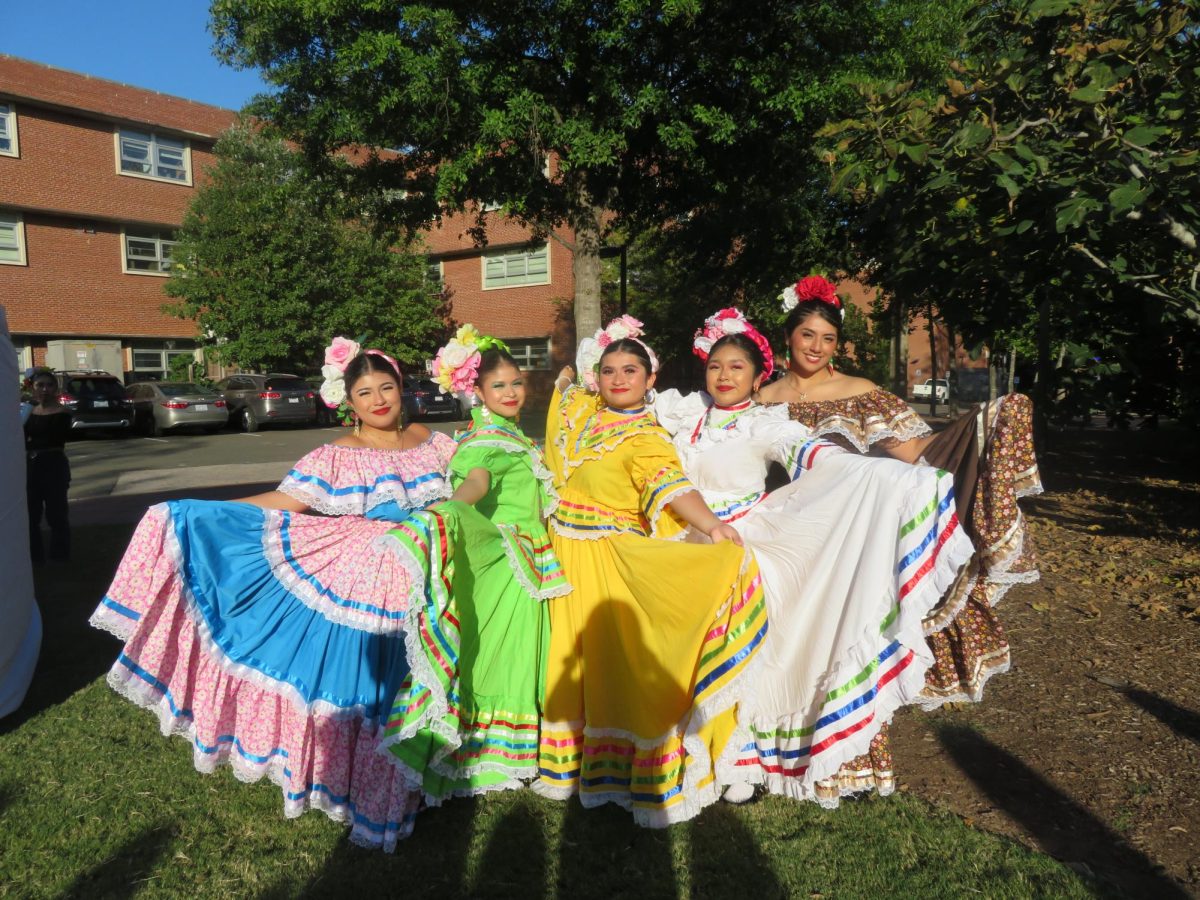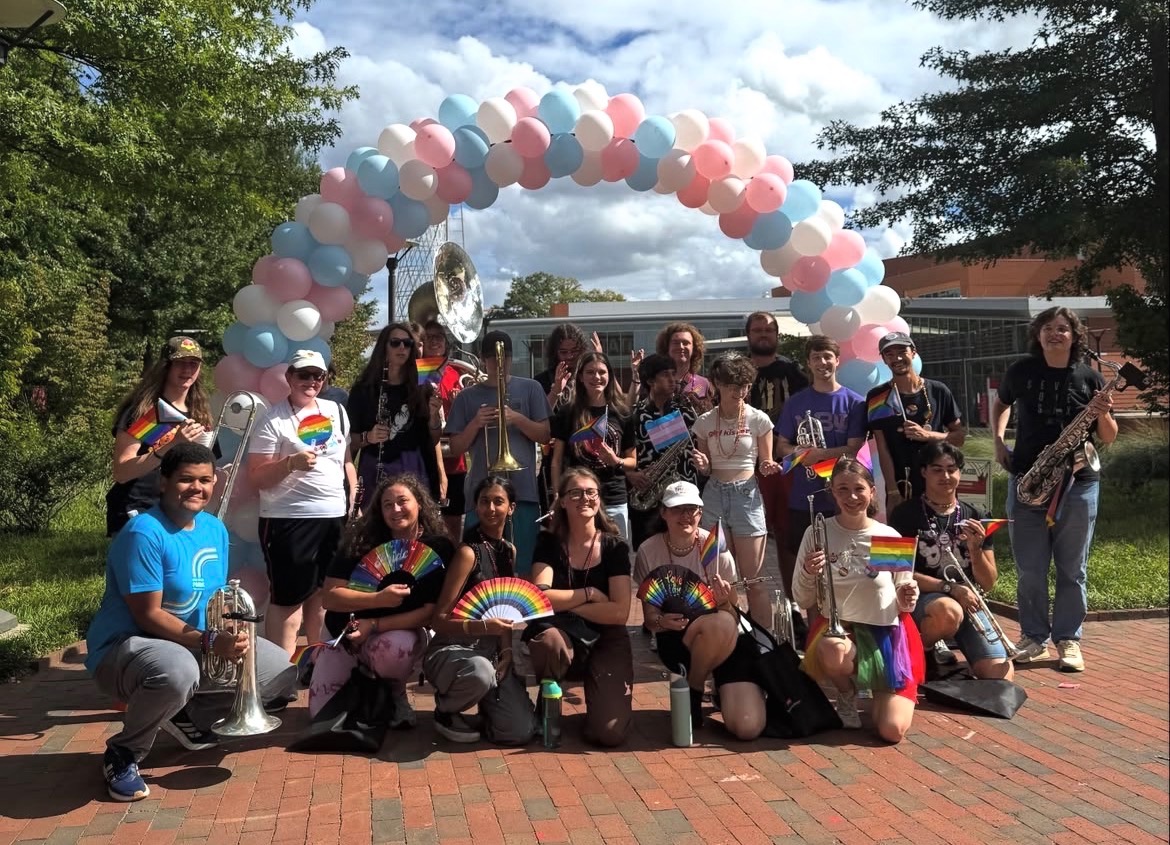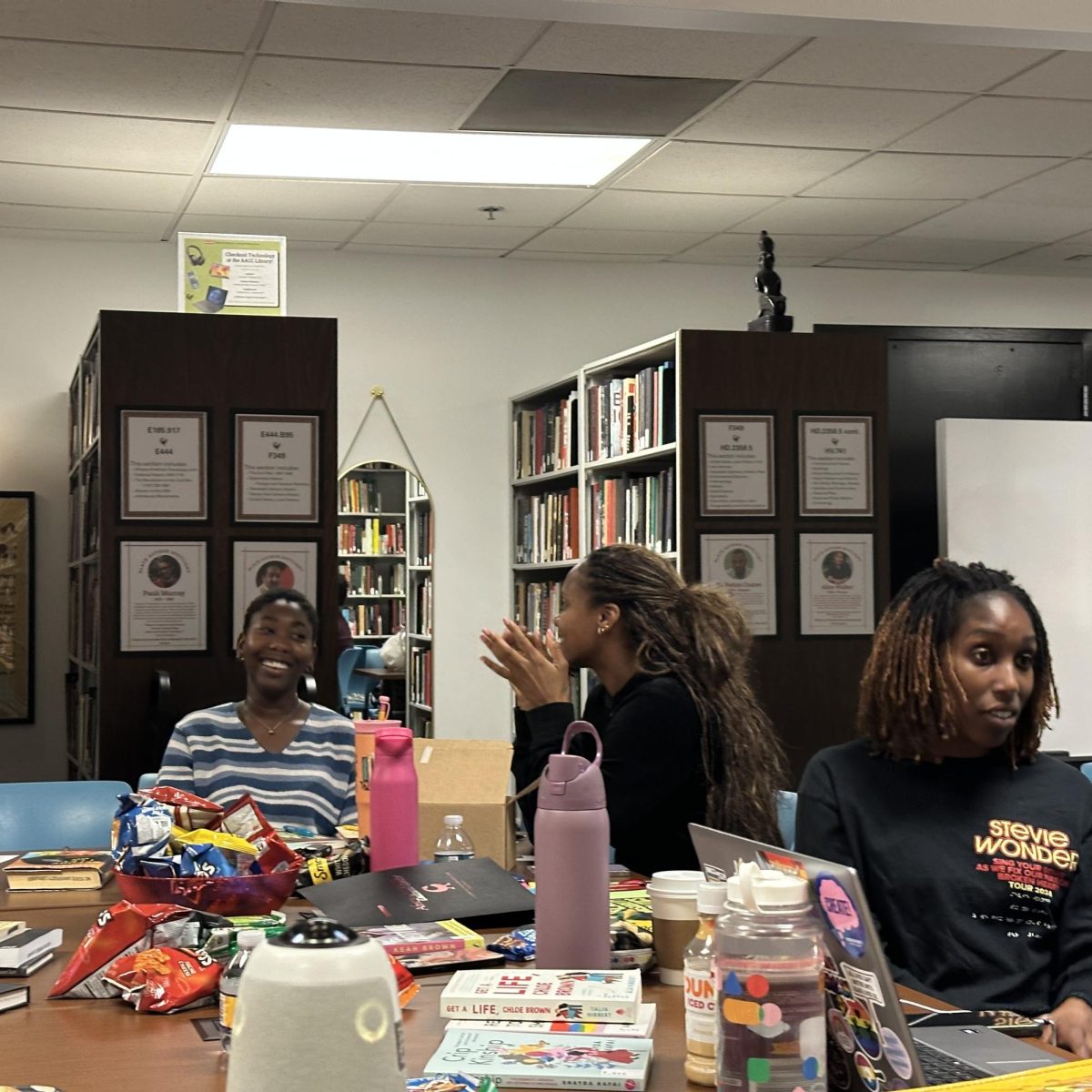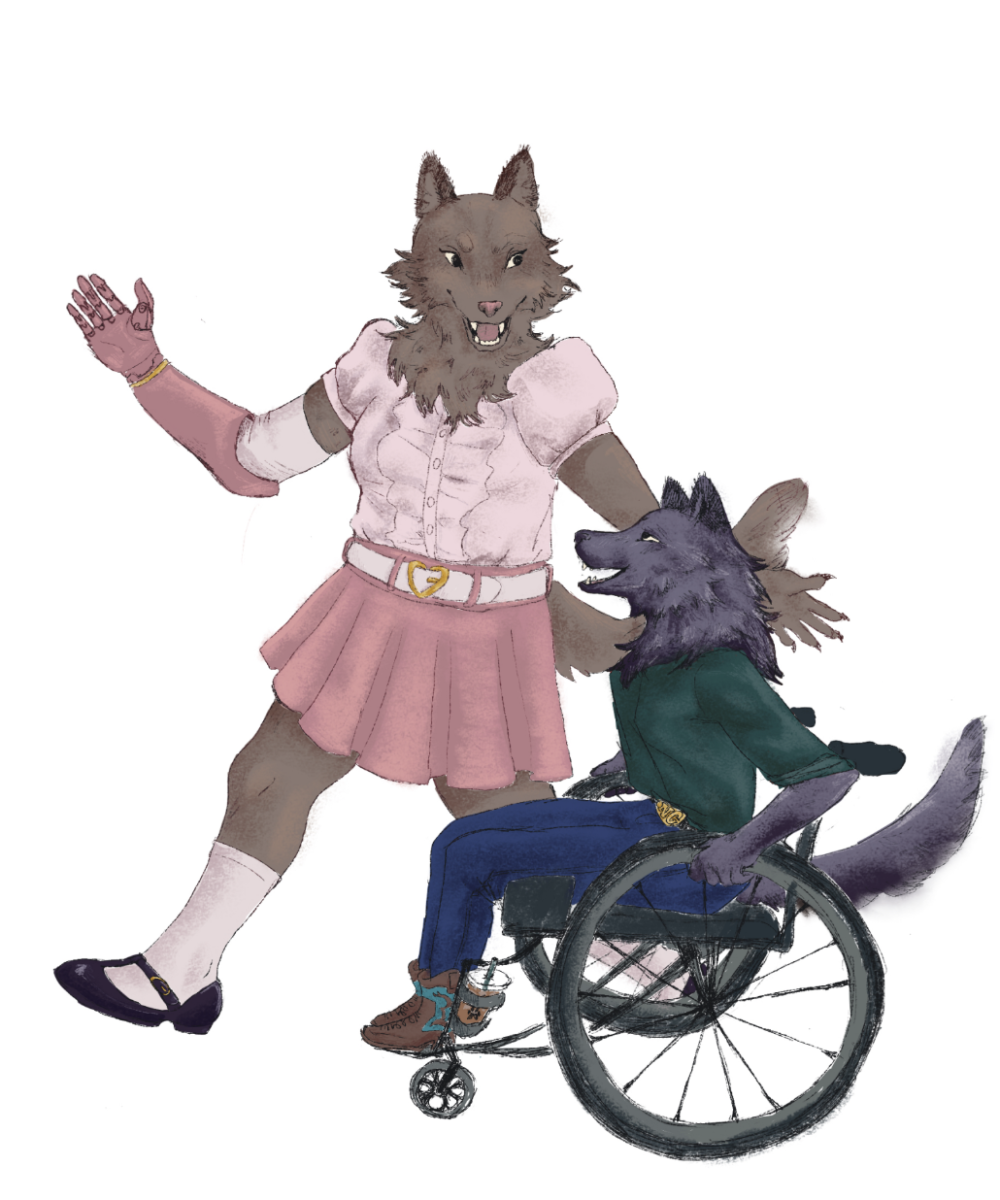Do you remember how you felt freshman year before the honeymoon phase fizzled out? You’ve met many people from different backgrounds and the food was something you needed to adjust to. Everything felt like summer camp. Then you realized that you would be stuck here for the next three months and the homesickness kicks in. You probably experienced a bit of culture shock.
Culture shock is the emotional and psychological adjustment faced when adapting to a new or unfamiliar cultural environment. This experience is shared by many students of color on NC State’s campus. To highlight the experiences of Indigenous American college students,
The Nubian Message interviewed Stella Hardin, a Junior majoring in Agricultural Science.
Hardin from the Lumbee tribe, mainly based in Pembroke, Robeson County, NC. When asked about her home community’s cultural environment compared to that of NC State, she shared the differences were mainly in terms of values.
“Nobody here really has the same kind of morals and values, and that really took me by surprise. And then at home, it’s just so much about community. NC State does have a great community, but the bottom line here is, you do what you need to do for you, to get by and to promote yourself and to do what’s good for you.” When describing her community, Hardin went on to say, “At home, it’s not like this. You want to help yourself, but you do that by helping other people, and in return, they help you.”
Like most other Indigenous American tribes, Lumbee social culture is collectivist the people within the society prioritize the group’s well-being over the individual. With the individualistic culture on our campus, students who are not used to that may be put into positions where they feel like they have to ditch their ideals.
Culture shock may also present itself academically. As a student of Robeson County Schools, she felt that she was not prepared for the academic rigor of NC State. According to US News, college readiness among high school students in Robeson County in 2022 was ranked 8.3 out of 100.
Aside from what came from living in a new environment, Hardin said that trying to compensate for what she did not attain in grade school is an added stressor.
While dealing with culture shock, it is easy for students to feel homesick, lonely and isolated. Hardin found that getting involved with student organizations centered around her culture helped alleviate these feelings. She is the president of the American Indian Science & Engineering Society (AISES) and she is involved in the Native American Student Association (NASA).
“I think being involved with them [NASA and AISES] and being around people that are from Robeson County, but also that are just Native in general, really helped me not try to keep all my feelings to myself and not want to not tell people when I’m stressed out and sick and tired of school. I think it’s really helped me a lot. As far as opening up and like the mental health situation.”
Along with involvement on campus, Hardin would advise Native students to not be afraid to reach out for help if they’re struggling with social or academic pressures.
“Don’t be afraid to reach out for help.” Hardin urges. “That’s something they don’t tell us at home. It’s really looked down upon to ask for help, it makes you appear as [if] you’re weak.” Issues of mental health are stigmatized in many Native American communities, as members may treat these issues as taboo because they fear bringing shame upon their families.
“So coming to college it’s really hard to get out of that mindset, but you have to because it’s okay to go to tutoring and to ask your friends for help or want to study with other people. I would tell them to not be afraid of that but to also get involved with NASA and AISES. It brings a sense of home [to our] homes on campus.”






